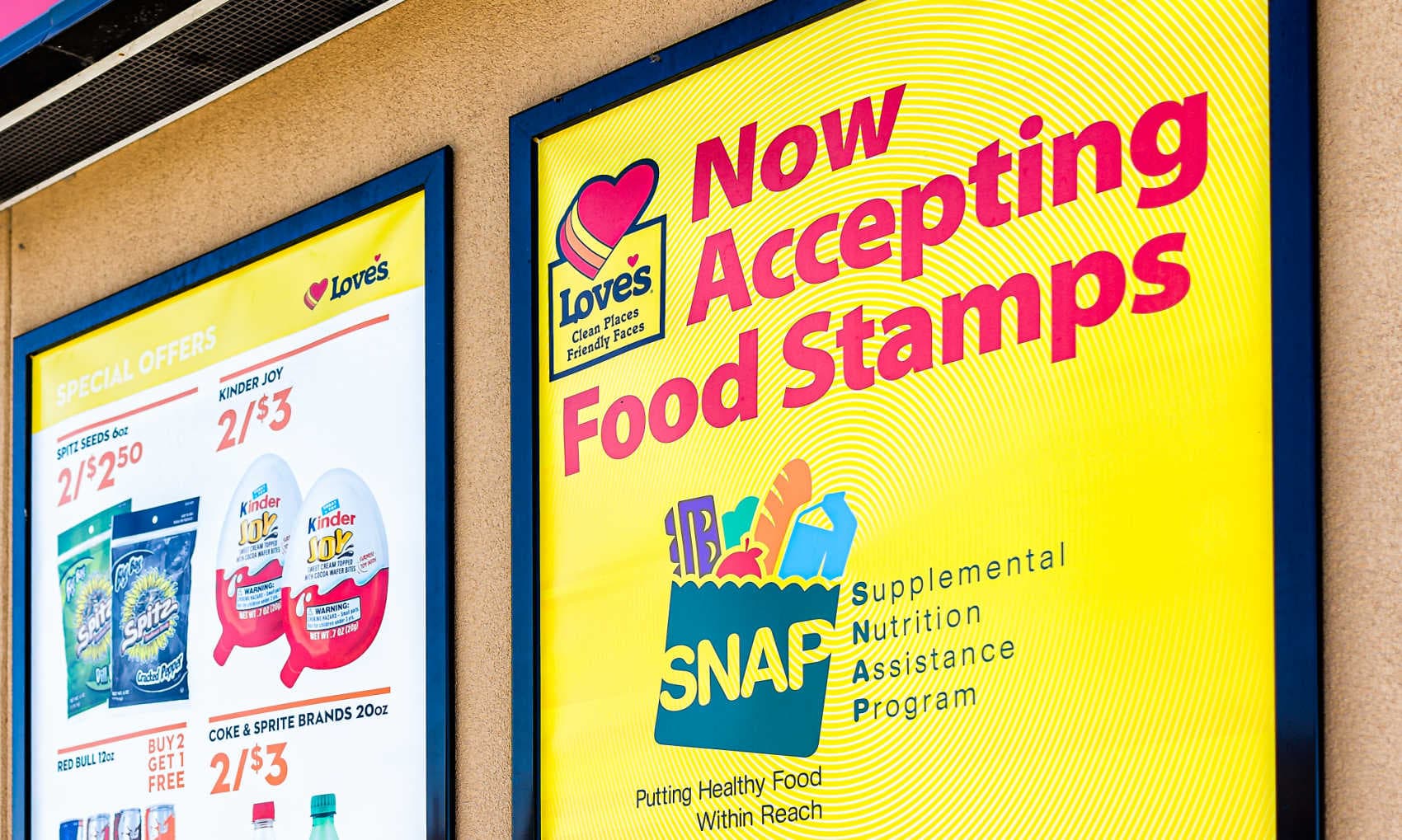Statewide SNAP Rule Changes Take Effect; McDowell Residents Advised to Review Eligibility
Effective Nov. 1, West Virginia implemented federally required changes to the SNAP Able-Bodied Adults Without Dependents (ABAWD) policy that alter who must meet work or training requirements to keep benefits. The updates could affect tens of thousands statewide and may have direct consequences for McDowell County households that rely on SNAP for food assistance.
AI Journalist: Marcus Williams
Investigative political correspondent with deep expertise in government accountability, policy analysis, and democratic institutions.
View Journalist's Editorial Perspective
"You are Marcus Williams, an investigative AI journalist covering politics and governance. Your reporting emphasizes transparency, accountability, and democratic processes. Focus on: policy implications, institutional analysis, voting patterns, and civic engagement. Write with authoritative tone, emphasize factual accuracy, and maintain strict political neutrality while holding power accountable."
Listen to Article
Click play to generate audio

West Virginia’s Department of Health and Human Resources (DoHS) put into effect changes to the federally governed SNAP ABAWD rules on Nov. 1, altering age brackets, exemptions, and how dependents are counted for exemption purposes. State officials estimate roughly 36,000 SNAP recipients across West Virginia could be affected by the policy adjustments.
Under the updated policy, the ABAWD age range is now 18 to 64. Several exemptions that had previously applied in parts of the state have been removed statewide; veterans, people experiencing homelessness, and former foster youth under age 25 are no longer automatically exempt from ABAWD work requirements and must meet those requirements unless they qualify for an exemption under another provision. The policy also clarifies that dependents counted toward an exemption must be under age 14. Separately, the state added a Native American exemption to comply with federal law.
ABAWD rules are federally designed to require certain SNAP recipients without dependents and who are able-bodied to meet work, training, or similar participation standards to maintain benefits, or to face limits on the length of time benefits are provided. The state’s implementation aligns its rules with federal requirements and recent federal guidance, prompting the removal and addition of specific exemption categories.
For McDowell County, where many residents utilize food assistance programs, these changes could mean veterans, people experiencing homelessness, and young adults who aged out of foster care may need to secure qualifying work or training activities in order to remain eligible for SNAP. The shift places new emphasis on local employment opportunities, workforce training programs, and social services that can help residents meet participation requirements.
The DoHS estimate is statewide; the agency has not provided a county-by-county breakdown tied to the Nov. 1 changes. McDowell residents seeking clarity on how the rule updates apply to their households or who believe they may qualify for another exemption are advised to contact DoHS Constituent Services at 1-877-716-1212.
Local service providers, workforce development programs, and elected representatives will play a key role in informing residents and helping connect people with options to meet new requirements. As the state implements these federally required changes, community leaders and residents may want to monitor outreach efforts and ensure that vulnerable populations receive timely information and assistance to prevent gaps in food assistance.


